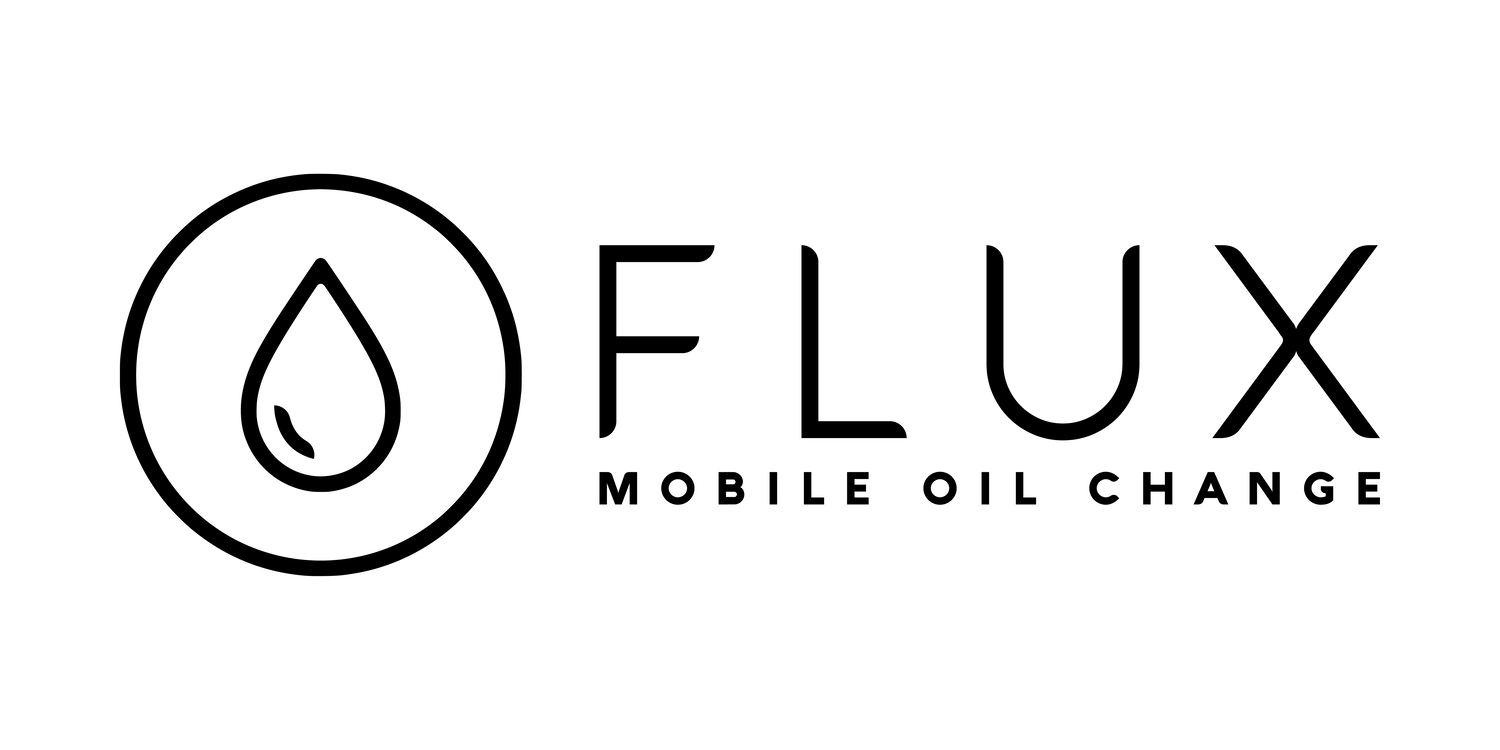Mobile Brake Replacement
Premium Brake and Rotor Replacement
Squeaking, grinding or vibrations when braking may indicate it’s time to have your brakes checked, replaced or repaired. It’s recommended that you replace your brakes every 50,000 to 60,000 miles, but can vary based on your driving. Make an appointment with us and we’ll be happy to come to you to check your brakes - FREE of charge. If your brakes need to be replaced, we’ll work with you to provide the best pricing possible and schedule a time to come back. We’ll go the extra mile to ensure our customers are safe and satisfied. Call (801) 405-9026 or schedule online.
“
I love Flux Mobile. I’ve used them twice now, on two of my vehicles and I have been very happy with the job they did! They are super friendly and always do a great job! I will definitely be using them in the future!
”
As with all our automotive services, a certified mechanic will come to you to perform brake services on your car. We use premium parts with all of our services. We’ll make sure to discuss any options before moving forward with our brake services. Full brake and rotor services typically run between $250-$400. An estimate will be provided once we know your make/model and a few other details about your vehicle. Ask about our service discounts with any brake replacement service.
50% off an oil change, or any one other service, with a brake replacement service.
Warning Signs for Utah Brake and Rotor Replacement.
1. Squeaking When Braking
If your brake pads are near the end of their useful life, the first symptom you'll begin to notice is a squeaking or squealing noise coming from the brakes. Squealing brake pads are typically caused by excessively worn down pads. Once you've worn down your pads enough you'll start to experience a grinding noise, at which time you'll also begin to damage your rotors, making the cost of repair even more expensive.
2. Grinding When Braking
Like we stated above, if you're experiencing a grinding noise while you're applying pressure to the brake pedal, your brake pads need to be replaced ASAP. Some brake pads have built in metal wear indicators, which are designed to make a loud noise and alert you that it's time to replace the pads. If you leave the brake pads to continue grinding, you're opening yourself up to a lot more damage and higher repair costs.
3. Vibration When Braking
Vibration when you apply the brakes is another sign that your vehicle's braking system is in need of professional help. Chances are that your rotors are warped and created uneven brake pad wear at the same time.
4. Braking Takes Longer To Stop
Another major sign that your brakes need to be checked out is loss of performance when applying the brakes. If you're experiencing less than ideal stoppage times while applying your brakes, it may mean your brake pads are worn down completely or that your brake fluid is low (often times due to a leak). For a true understanding of what's going on with your brakes, you'll want to get to a brake mechanic as soon as possible to ensure you don't lose all braking abilities.
5. Brake Pad Indicator Light Comes On
Most modern vehicles come with brake warning lights that appear on your dash. One is your Antilock Braking System (ABS) light and the other is your brake system warning light. Your brake light won't always come on when there is an issue — it's also the light that appears on your dash when your parking brake is engaged. But if you're seeing a brake warning light and your parking brake isn't engaged, it's time to have a brake expert take a look at your system to diagnose your issues.
If you are comfortable, you can always self-check to see if your brake pads appear to be thin. A quick visual inspection of them can also provide you with an idea of the wear. To do this, look between the spokes of your wheels and locate your brake pad. If it appears to be less than a ¼ inch thick, you're probably due for a set of new brake pads.
“
This service is a game changer for me! No more sitting at a shop waiting for an oil change just to be up sold additional services for me! I have never been more pleased with a car maintenance service! 100% recommend this to service to anyone!
”

